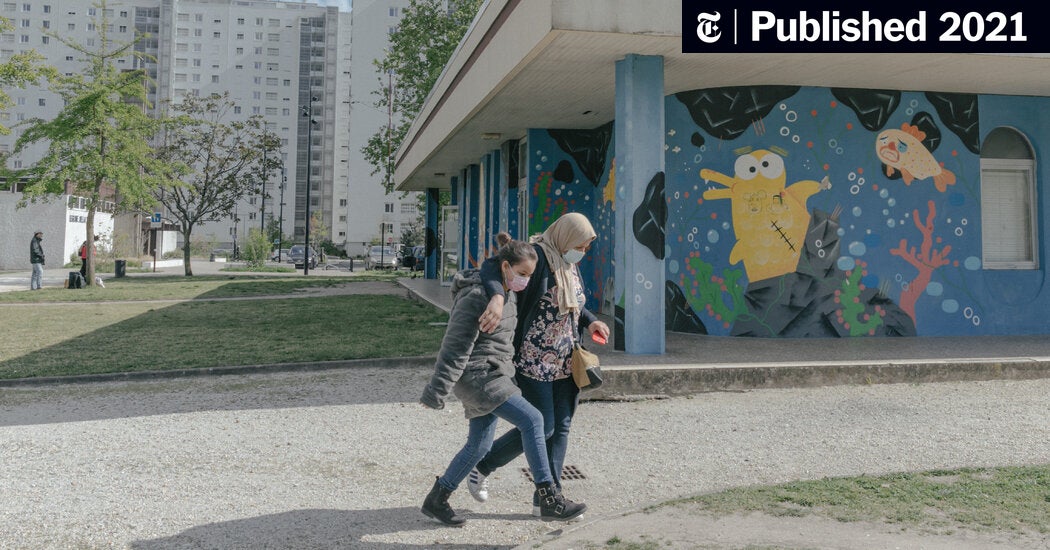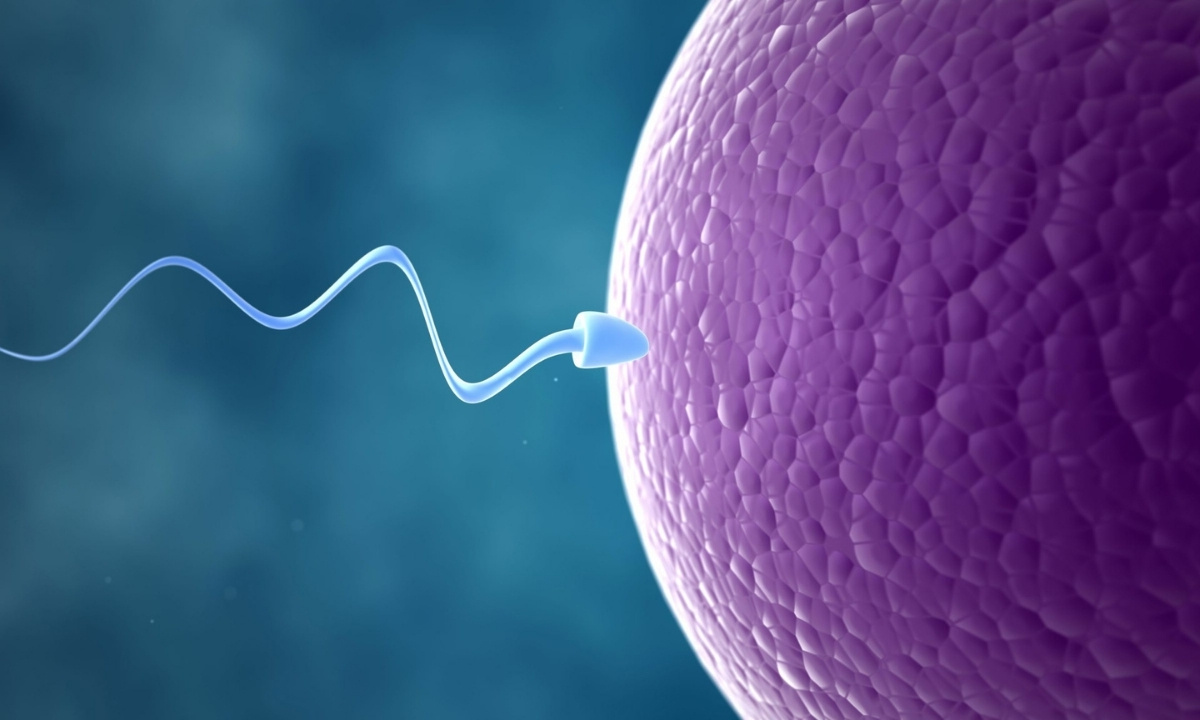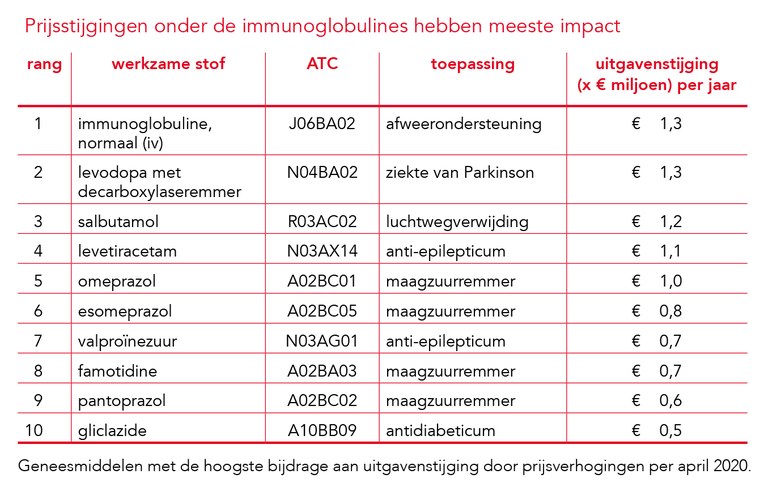France Debates Harsher Penalties For Juvenile Offenders

Table of Contents
The Current State of Juvenile Justice in France
The French juvenile justice system, designed for individuals under 18, aims to balance punishment with rehabilitation. It operates under the principle of "éducation surveillée," meaning supervised education, emphasizing restorative justice and individualized interventions. However, the system faces increasing pressure due to rising crime rates involving young people. Official statistics from the French Ministry of Justice show a concerning upward trend in certain types of offenses committed by minors, particularly violent crimes and property crimes in urban areas.
- Current sentencing options: These range from warnings and probation to placement in educational facilities, specialized centers, or, in severe cases, detention in youth correctional facilities. The sentences are tailored to the individual circumstances and the severity of the crime.
- Success rates of current rehabilitation programs: Evaluation of these programs is ongoing and complex. While some show positive results in reducing recidivism, others highlight the need for improvements and better resource allocation. The lack of comprehensive, long-term data makes a definitive assessment difficult.
- Comparison to other European nations: Compared to some other European countries, France's approach leans towards rehabilitation over strict punishment. However, neighboring countries are also witnessing shifts in their juvenile justice systems, reflecting broader societal anxieties about youth crime.
- Key challenges: Overcrowding in youth detention centers, insufficient resources for rehabilitation programs, and a lack of consistent data on recidivism rates are some of the major challenges faced by the French juvenile justice system. Furthermore, the integration of marginalized youth into society often proves difficult, contributing to recidivism.
Arguments for Harsher Penalties for Juvenile Offenders in France
Proponents of stricter penalties for juvenile offenders in France argue that the current system is too lenient and fails to deter crime. They point to increasing public anxiety about safety and the need for a stronger punitive response.
- Increased public concern: Surveys and media coverage consistently reflect growing public concern over rising youth crime rates, particularly in specific regions. This translates into political pressure for stronger measures.
- Perceived leniency: Critics argue that the emphasis on rehabilitation has led to a perception of leniency, allowing repeat offenders to escape appropriate consequences. This perception fuels demands for harsher sentencing and stricter enforcement.
- Examples of serious crimes: High-profile cases involving serious crimes committed by juveniles have intensified the debate, bolstering calls for greater accountability. These cases often dominate news cycles and influence public opinion.
- Preventing recidivism: Advocates for stricter penalties believe that harsher sentences are necessary to deter future criminal behavior and reduce recidivism rates among young offenders. They argue that current methods are insufficient in achieving this goal.
- Legislative changes: Specific proposals for legislative changes include introducing minimum sentencing guidelines for certain offenses, increasing the use of detention, and expanding the scope of offenses eligible for harsher penalties.
Arguments Against Harsher Penalties for Juvenile Offenders in France
Opponents of harsher penalties emphasize the importance of rehabilitation and the potential negative consequences of increased punishment. They argue that a focus on restorative justice and addressing the root causes of crime is more effective in the long term.
- Rehabilitation and restorative justice: These approaches prioritize repairing the harm caused by crime and integrating offenders back into society. They argue that harsh penalties can be counterproductive, leading to increased criminalization and hindering rehabilitation efforts.
- Increased criminalization: Critics worry that harsher penalties will lead to the over-criminalization of youth, particularly those from disadvantaged backgrounds, further marginalizing them.
- Negative impact of incarceration: Detention can have detrimental effects on a young person's development, impacting education, social skills, and mental health. This can lead to a higher likelihood of future criminal activity.
- Disproportionate effect on marginalized youth: Harsher penalties disproportionately affect marginalized youth from low-income families and ethnic minorities, perpetuating existing inequalities within the justice system.
- Alternative approaches: Focus should be placed on preventative measures, such as improved access to education, employment opportunities, and mental health services, along with robust community support programs.
Potential Solutions and Alternatives
Finding a balance between public safety and the rehabilitation of young offenders requires a multifaceted approach. This includes increased investment in preventative measures and community-based initiatives.
- Increased funding: More funding is needed for youth programs, rehabilitation services, and early intervention strategies. This investment is crucial for addressing the root causes of juvenile delinquency.
- Early intervention: Early identification and intervention programs can address risk factors such as poverty, family dysfunction, and lack of educational opportunities. These programs aim to prevent youth from entering the criminal justice system in the first place.
- Collaboration: Improved collaboration between law enforcement, social services, schools, and community organizations is vital for a coordinated and effective response to juvenile crime.
- Addressing root causes: Tackling issues like poverty, inequality, and lack of access to education and employment opportunities is crucial for long-term crime prevention.
- Restorative justice: Exploring and expanding restorative justice practices, which focus on repairing harm and facilitating dialogue between offenders and victims, offers a promising alternative to solely punitive approaches.
The Role of Public Opinion
Public opinion significantly influences policy decisions. Polls and surveys consistently reveal strong public concern about youth crime. Understanding this sentiment is crucial for policymakers to strike a balance between public safety and the needs of juvenile offenders. The media also plays a significant role in shaping public perception and influencing the political debate surrounding juvenile justice reform.
Conclusion
The debate surrounding juvenile offenders in France is complex, involving competing concerns about public safety and the rehabilitation of young people. While the rising crime rates necessitate a response, the long-term societal implications of harsher penalties must be carefully considered. A balanced approach that prioritizes both public safety and the rehabilitation of young people is crucial. The current system needs improvements, particularly in resource allocation for early intervention and rehabilitation programs. Further discussion and engagement, involving experts, community leaders, and the public, are needed to reach a consensus on the best path forward for juvenile justice in France. Let's continue the conversation about effective solutions for juvenile offenders in France and work towards a more just and equitable system.

Featured Posts
-
 Deciphering The Hells Angels Facts And Misconceptions
May 25, 2025
Deciphering The Hells Angels Facts And Misconceptions
May 25, 2025 -
 The Angry Elon Musk Effect Analyzing Teslas Performance
May 25, 2025
The Angry Elon Musk Effect Analyzing Teslas Performance
May 25, 2025 -
 Na Uitstel Trump Aex Beurzen Klimmen
May 25, 2025
Na Uitstel Trump Aex Beurzen Klimmen
May 25, 2025 -
 The Critical Week Examining Joe Bidens Post Presidential Trajectory
May 25, 2025
The Critical Week Examining Joe Bidens Post Presidential Trajectory
May 25, 2025 -
 Footballer Kyle Walker Spotted With Models In Milan After Wifes Flight Home
May 25, 2025
Footballer Kyle Walker Spotted With Models In Milan After Wifes Flight Home
May 25, 2025
